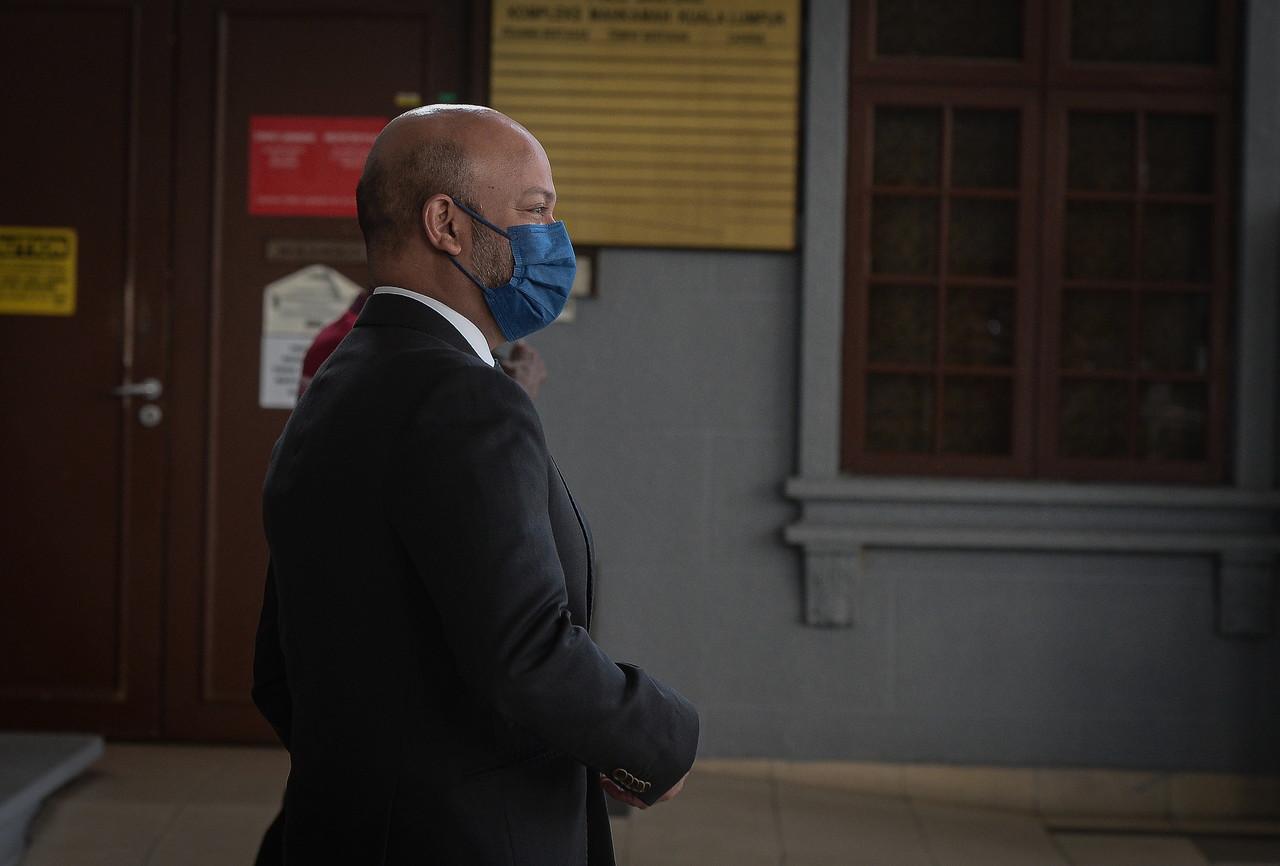Arul Kanda allowed to appear as witness in Najib’s 1MDB audit report trial
The Kuala Lumpur High Court says the prosecution's application for this is in order.
Just In
The Kuala Lumpur High Court today allowed the prosecution’s application to call former 1MDB CEO Arul Kanda Kandasamy to appear as a witness in the 1MDB audit report tampering trial.
Judge Mohamed Zaini Mazlan ruled that the prosecution’s application to have Arul Kanda take the stand as a witness under Section 63 of the Malaysian-Anti Corruption Commission (MACC) Act was in order.
He said there was evidence to show that Arul Kanda was privy to conversations with former prime minister Najib Razak in relation to two meetings on the 1MDB audit which took place in 2016.
Zaini also said that the prosecution had given its grounds for the application and that the defence was not prejudiced.
Arul Kanda was then immediately called to the stand as a witness.
On May 20, the prosecution filed a written application under Section 63 of the MACC Act 2009 to call Arul Kanda in as a witness.
Under Section 63(1), in a situation where two or more people are charged with an offence under the MACC Act, the court may require one or more of them to give evidence as witnesses for the prosecution if a written application is made by the public prosecutor.
Najib, 68, is charged with using his position to order amendments to the final 1MDB audit report before it was presented to the Public Accounts Committee to avoid any action against him.
Arul Kanda, 45, is charged with abetting Najib in making the amendments to the report, to protect Najib from being subjected to action.
The offences were allegedly committed at the Prime Minister’s Department Complex, Federal Government Administrative Centre, Putrajaya between Feb 22 and 26, 2016.
They were charged under Section 23 (1) of the MACC Act 2009, which provides for a jail term of up to 20 years and a fine of no less than five times the amount of gratification or RM10,000, whichever is higher, upon conviction.
Subscribe to our newsletter
To be updated with all the latest news and analyses daily.
